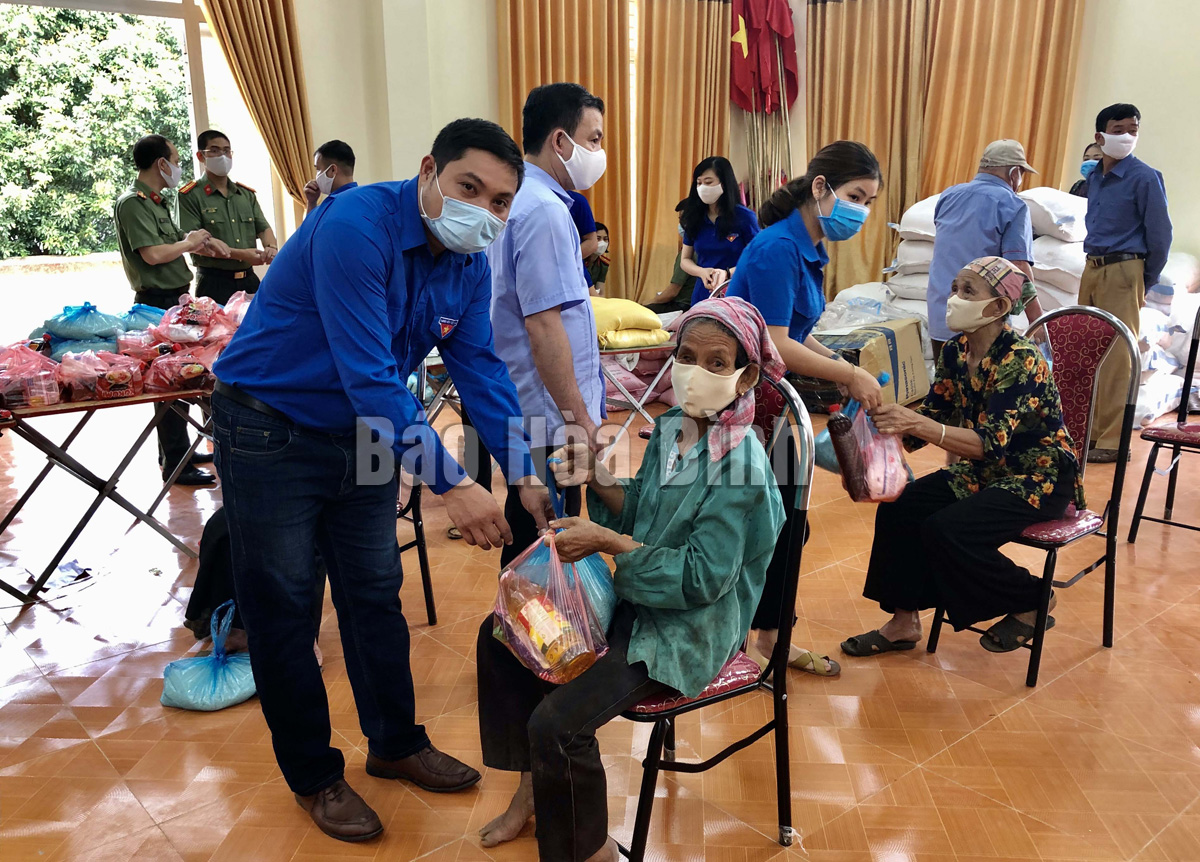(HBO) – Over the past years, a number of ethnic minority households in Tong Dau commune of Mai Chau district have gained access to concessional loans to improve their livelihoods and standards of living thanks to different support programmes and projects.
Ethnic minority people in Mai Chau district have
received assistance to weather difficulties caused by the COVID-19 pandemic.
(Photo taken in Tan Thanh commune)
Ha Tuan Hai, head of the district’s division for
ethnic minority affairs, said thousands of households in Mai Chau have
benefited from preferential policies for ethnic minority areas.
Statistics show that provided via 14 lending
programmes, total outstanding loans for the disadvantaged, including poor and
near-poor households and those doing production and business activities in
underprivileged areas, have topped 270 billion VND (over 11.7 million USD) so
far.
Aside from capital sources exclusively designed
for disadvantaged groups, local authorities have also proactively made use of
other resources and combined different programmes and projects to help locals develop
their livelihoods and build infrastructure, Hai noted.
In 2019 and 2020, nearly 25 billion VND was
invested in the socio-economic development programme for communes and hamlets
with special disadvantages and ethnic minority areas in Mai Chau.
Thanks to the funding, the district has carried
out 41 construction projects, including classrooms, roads, irrigation works,
and houses for community activities, he said, adding that other policies aimed
at facilitating ethnic minority people’s access to farmland and clean water
have also been implemented effectively.
Nearly 90 percent of the population in Mai Chau
are from the ethnic minority groups of Thai, Muong, Mong, Dao, Tay, and Hoa.
Thanks to action by all-level authorities and
the entire political system, the support programmes and projects for the
minorities have proved fruitful, giving a facelift to rural areas. They have
also helped improve local residents’ awareness and encourage them to play an
active role in capitalising on the district’s potential and advantages, thus
substantially developing their livelihoods and living conditions.



